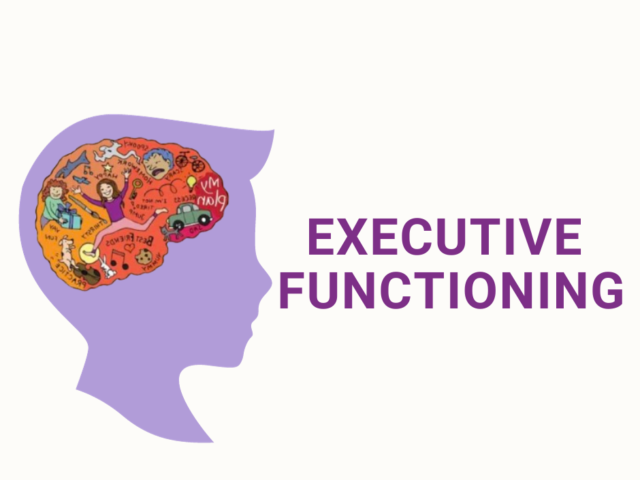Breaking Barriers: Destigmatising Mental Health Conversations By Susan George
Despite its undeniable importance, discussing mental health often invokes discomfort and apprehension in our society. Why is it that something so fundamental to our existence remains shrouded in stigma and misunderstanding? Conversations surrounding emotional well-being are frequently dismissed or avoided, perpetuating a culture of silence, shame and misunderstanding. These barriers not only impede open dialogue but also deter individuals from...










